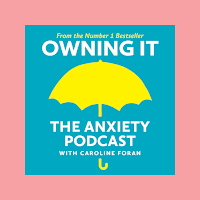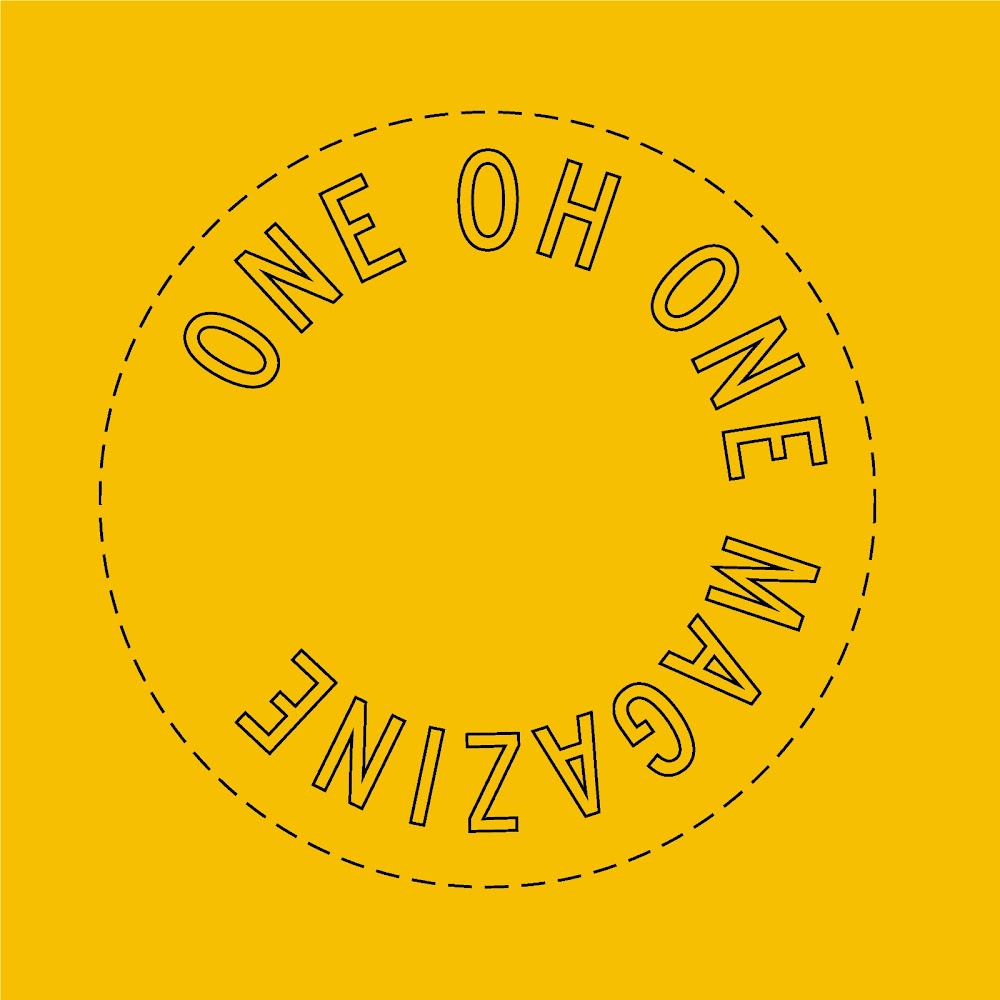I started a new role in February of 2020, completely oblivious as to what was about to come… I got busy setting up my desk - succulents and all - met my new colleagues, started familiarising myself with the role, and four weeks later, I’m unfolding my little table to sit in the middle of my living room. I don’t think any of us expected that fifteen months later, we would still be in the middle of what we were told would be gone in three weeks! I remember my first day of working from home, creating a ‘WFH’ playlist on Spotify, including the obvious song choice, ‘Work from Home’ by Fifth Harmony, thinking wooo couple of weeks of this won’t be so bad. I looooved working from home for so many reasons; I no longer had to make an hour plus commute to and from work, I didn’t have to sit on a crowded bus, getting stuck in rush hour traffic, I could wake up, roll out of bed, make a cup of coffee, contemplate changing out of my pyjamas, and sign-in. I got into a nice comfy routine, and that was my norm from March - November, when we briefly returned to the office, before a second national lockdown was announced in November. And then again in January of 2021, I returned to the office for a day (!!) before being sent back home for the third national lockdown.
At the start of this month, I changed jobs. And a change of jobs meant a change of environment; I went straight from the comfort of my own home, to working 5 days a week in a workplace. Now, I’m sure I’m not alone when I say that my coping mechanisms for the last 15 months have been 1) avoidance and 2) distraction. I have avoided (where I can) reading the news, or watching the news. I've tried dodging conversations, I’ve distracted myself with unhealthy amounts of TikTok scrolling and Netflix binging… and so when it came to me having to make this transition to a new way of working (which had become unfamiliar to me), avoidance and distraction seemed appealing. Avoiding the workplace was not something I could do, so distraction it was! Now I need to point out, I also have a Saturday job (which is in a coffee shop) so I fully threw myself into it, all or nothing… 6-day week, no space in between leaving my old job and starting my new job… Since being in my new role, I have had some kind of plan scheduled into my diary after work.. or I’ve come home and gotten busy, through cooking or reading or exercising. And I’ve given myself NO time to think. And that is NOT good.
Because I’ll be honest, I’ve been scared to give myself time to think. As I’m sure we’ve all felt - if we start to really process what we’ve been through, goodness me, we’d need a collective worldwide therapy session… I would be a mess, and I just don’t have that time (more like, I know I should make that time to process, but I like it being in a little box for now). Correct as I write this, I’m currently back working from home for a period of time - having to isolate due to close contact, and only one day into it, and I’m panicking because I’ve had time to think.
I hadn’t realised the extent to which working from home (though I wasn’t alone, I had my mum) had isolated me. My first day in the workplace, I felt completely and totally overwhelmed with the prospect of having to speak to people - could I even form a sentence anymore? I hadn’t met someone new in so long, and now I was meeting a whole new team. I had gotten so used to making my cup of coffee in the morning, getting my desk set up and putting in my earphones, speaking to mum (who has worked like an absolute trooper and put in so many hours in her role for the NHS) only when we went out for our daily lunchtime walks. So for the first few days of being in work, I sat at my desk, headphones in, drinking my coffee, getting on with my work, and finding it difficult to get involved with the conversations that were happening around me. And I knew I was isolating myself, and it wasn’t helping me bond with my new team, but I just couldn’t fathom how to involve myself in ‘work bants’... how saddd is that, work bants is the best part of work! Anyway, after a few days of trying not to pressure myself, I started to ‘come out of my ‘shell’ a bit more, and got involved, and made an effort, and I didn’t expect it to be as hard as it was, but it’s just something I accepted - even though at one time, socialising was no issue for me. So my first tip to readjusting to life in the office, even if you know who you’re working with and you’re not meeting your colleagues for the first time, don’t berate yourself if you’re struggling to get back into the swing of conversation again, and similarly, don’t berate yourself if all you can manage is small talk about Covid or the weather… if all you can manage is a ‘hello’ then fair play!
Another difficulty - commuting! Having to wake up with enough time to eat, shower, dress (ugh), and drive to work… that has been HARD. And every night I’ve gone to bed with the intention of getting up as soon as my alarm goes off and every morning I’ve woken up and snoozed my alarm. Thankfully, despite snoozing, I’ve managed to get to work on time… but I’ve really felt the loss of my usual slow morning. And I’m now trying to establish a new morning routine, because that was my favourite part of working from home, having the time in the morning to just lie in bed and read my book before logging in. So this is a tip in working progress - start to experiment with routines. For me, that means making my lunches the night before - or cooking a meal which will give me some leftovers. It means waking up with enough time to make a coffee and sit in my bed with my book, with the intention to ease myself into waking up earlier at *some point* to allow for some morning exercise (who am I kidding with this?) or a bit of yoga. Don’t expect your routine to fall into place straight away, all that you need to make sure you do is wake up with enough time to dress (out of your pyjamas) and set off with enough time to get to work (ON TIME).
One thing I’ve struggled with, is getting home and only having five hours or so to myself… but what I’ve come to realise/remind myself is, it’s not so much about how much time I have to myself, it’s more what I choose to do with the time I have. Because I am now working 6-day weeks (for as long as I feel I can sustain it), my time in the evenings, and my Sunday is time for me to do what makes me happy. Plan yourself nice little things to do when you get back home - your home is no longer your workplace, and that has some benefits. No more hearing the phantom ‘ping’ of teams when you’re trying to relax on a Friday eve.
But my biggest tip of all is to be kind to yourself, and transition back with patience - for yourself, for your team… just take each day as it comes, and make yourself a 'Working from Office' playlist to keep you motivated!



















Social Icons